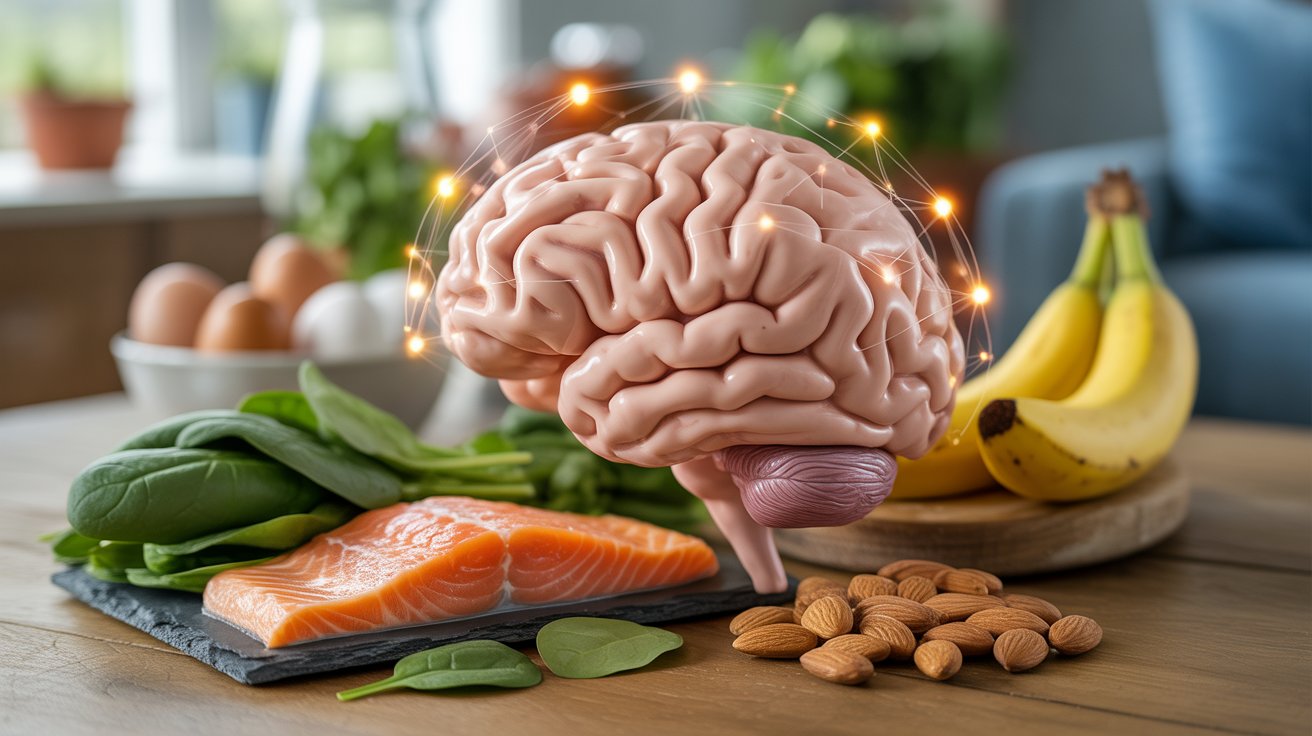Uncategorized
Essential Minerals (Copper, Iodine, Manganese) for Long-Term Wellness
Essential Minerals (Copper, Iodine, Manganese) for Long-Term Wellness
Essential minerals play crucial roles in maintaining optimal health and supporting long-term wellness. Among these vital nutrients, copper, iodine, and manganese stand out as particularly important trace elements that influence numerous physiological processes. Understanding their functions, sources, and proper intake levels is fundamental to achieving and maintaining optimal health throughout life.
Copper: The Body’s Essential Catalyst
Copper serves as an essential cofactor for numerous enzymes and plays vital roles in multiple bodily functions. This trace mineral is indispensable for:[1][2]
- Energy Production and Metabolism
- Cardiovascular Health
- Immune System Function
- Connective Tissue Formation
- Iron Absorption and Utilization
RDA: 900 mcg/day for adults.[4][5]
Sources: Organ meats, shellfish, nuts, seeds, whole grains.[6][5]
Iodine: Thyroid Function and Beyond
Iodine is fundamental for thyroid hormone synthesis, making it critical for numerous bodily functions:[11][12]
- Thyroid Hormone Production
- Metabolic Regulation
- Brain Development
- Immune System Support
RDA: 150 mcg/day for most adults.[17][18]
Sources: Seaweed, seafood, dairy products, iodized salt.[19][18][17]
Manganese: The Multifunctional Mineral
Manganese is essential for numerous enzymatic processes and serves multiple critical functions:[20][21][22]
- Antioxidant Defense
- Bone Health and Development
- Carbohydrate and Lipid Metabolism
- Connective Tissue Formation
RDA: 2.3 mg/day for men, 1.8 mg/day for women.[25]
Sources: Nuts, seeds, whole grains, legumes, leafy greens.[26][27]
Deficiency and Toxicity Concerns
Copper
Deficiency: Symptoms include extreme fatigue, lightened skin patches, high cholesterol levels, connective tissue disorders, osteoporosis, and increased infection risk.[7][8]
Toxicity: The Tolerable Upper Intake Level (UL) is 10,000 micrograms (10 mg) daily. Wilson disease, a rare genetic disorder, causes dangerous copper accumulation.[9][10][4]
Iodine
Deficiency: Leads to goiter (thyroid enlargement) and hypothyroidism, causing fatigue, weight gain, and depression. Severe deficiency during pregnancy can result in cretinism.[14][13][15]
Excess: Can trigger autoimmune thyroid diseases, including Hashimoto’s thyroiditis and Graves’ disease.[16][11]
Manganese
Toxicity: While dietary toxicity is rare, excessive exposure can lead to manganism, a neurological disorder similar to Parkinson’s disease, with symptoms like tremors and difficulty walking.[28][29]
Optimizing Mineral Intake for Long-Term Wellness
Synergistic Relationships and Interactions
Mineral balance is crucial. For example, copper facilitates iron absorption, manganese works with calcium for bone health, and selenium supports iodine metabolism.[30][31][3]
Dietary Strategies for Optimal Intake
The most effective strategy is a diverse, whole-food diet. A Mediterranean-style eating pattern is naturally rich in these essential minerals.[32][33][34]
Conclusion
Copper, iodine, and manganese are three essential minerals vital for long-term wellness. A well-balanced diet emphasizing whole foods, seafood, nuts, seeds, and whole grains typically provides adequate amounts for most individuals. When supplementation is necessary, professional guidance is crucial to ensure safety and efficacy. By prioritizing these minerals, individuals can support their health and vitality throughout their lives.
References
- https://www.medicalnewstoday.com/articles/288165
- https://www.healthline.com/health/heavy-metal-good-for-you-copper
- https://blog.ochsner.org/articles/little-known-benefits-of-copper/
- https://nutritionsource.hsph.harvard.edu/copper/
- https://medlineplus.gov/ency/article/002419.htm
- https://www.ncbi.nlm.nih.gov/books/NBK222312/
- https://ods.od.nih.gov/factsheets/Copper-HealthProfessional/
- https://ods.od.nih.gov/factsheets/Copper-Consumer/
- https://www.msdmanuals.com/professional/nutritional-disorders/mineral-deficiency-and-toxicity/wilson-disease
- https://my.clevelandclinic.org/health/diseases/5957-wilson-disease
- https://pmc.ncbi.nlm.nih.gov/articles/PMC9816468/
- https://my.clevelandclinic.org/health/treatments/potassium-iodide-ki
- https://emedicine.medscape.com/article/122714-overview
- https://pubmed.ncbi.nlm.nih.gov/25591468/
- https://www.healthdirect.gov.au/iodine-deficiency
